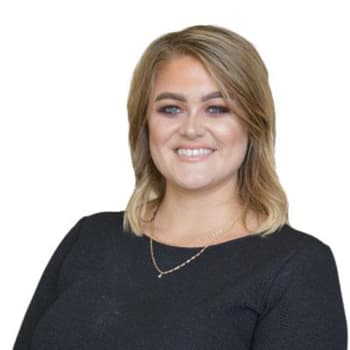Substance abuse tends to intensify the symptoms of hypersomnia. Drugs can negatively impact the amount and quality of sleep a person receives. This interference can worsen hypersomnia symptoms and prolong a person’s treatment.
Hypersomniais a sleep disorder that causes extreme sleepiness and considerable emotional distress. People with hypersomnia experience frequent sleep disruptions and commonly do not feel refreshed by sleep. The sleep disruption makes waking up in the morning harder and negatively impacts a person’s alertness and mental awareness. At times, people can turn tosubstance abuseto function and cope with the sleep disorder.
Drug Abuse as a Hindrance to Hypersomnia
Substance abuse acts as a barrier to hypersomnia treatment. There are several substances that interfere with brain functions connected to sleep. Drugs can negatively impact the amount and quality of sleep a person receives. This interference can worsen hypersomnia symptoms and prolong a person’s treatment.
Effects of Substance Abuse on Hypersomnia Symptoms
Substance abuse tends to intensify the symptoms of hypersomnia. People with hypersomnia and substance use disorder may sleep substantially at night, experience increased drowsiness during the day and may nap excessively. Drugs that impact the central nervous system in the brain can cause sleepiness.Stimulant withdrawalcan also trigger symptoms of hypersomnia.
Hypersomnia and Alcohol
Alcohol interferes with the chemicals in the brain that manages and controls sleep and suppresses REM sleep, which is the stage of sleep associated with restoration. Alcohol can cause sleepiness and itsside effectscan negatively impact normal sleep cycles.Alcohol can cause hypersomniabecause people can have trouble falling asleep, have multiple awakenings during the night, daytime sleepiness and experience overall poorer sleep quality.
Treatment Can Be Life Changing. Reach out today.
Whether you are struggling with addiction, mental health or both, our expert team is here to guide you every step of the way. Don’t wait— reach out today to take the first step toward taking control of your life.
Marijuana Abuse and Hypersomnia
Marijuana canimpact normal sleep patternsand interfere with chemicals in the brain linked with sleep. Marijuana can suppress REM sleep or the stage of sleep associated with restoration. Marijuana initially promotes sleep, but chronic or discontinued use can negatively impact sleep quality, which can lead to continued marijuana abuse.
Hypersomnia Stimulants
Stimulantspromote the release of dopamine in the brain, which is a key factor for wake-promotion. To date, methylphenidate and dextroamphetamine are the only two stimulant medications approved by the Federal Drug Administration (FDA) to treat hypersomnia symptoms. Stimulants seek to treat a person’s symptoms but do not target the principal causes of hypersomnia. Stimulants have a high abuse potential that can ultimately lead to dependence. Stimulant medications prescribed can include:
- Modafinilincreases wakefulness and reduces excessive fatigue
- Methylphenidateimproves alertness and prevents fatigue
- Dextroamphetamineimproves daytime wakefulness
Drug Abuse as a Cause of Hypersomnia
Hypersomnia may initially be caused by substance abuse. Alcohol, marijuana and opiates are substances that can cause hypersomnia. These substances can also initiate other sleep issues that can result in daytime sleepiness. The prolonged use or withdrawal of substances can also cause hypersomnia and negatively impact sleep pattern and quality.
Treating Hypersomnia with Co-Occurring Substance Abuse
Co-occurring substance use is commonly linked to hypersomnia disorder. Therefore, careful consideration should go into the development of a comprehensive treatment plan for both disorders.Stimulants, for example, are typically the first-line treatment for hypersomnia, however, they have a high abuse potential.Ultimately, treatment options should be individualized and considered carefully to achieve the most effective outcomes.
When hypersomnia is co-occurring with a substance use disorder, individuals must treat both conditions simultaneously. If you or a loved one is struggling with a substance use and co-occurring disorder like hypersomnia, consider contacting the Recovery Village. At the Recovery Village, a team of professionals can help address addiction and co-occurring disorders.Call and speak witha representative to learn more about which treatment program could work for you.








